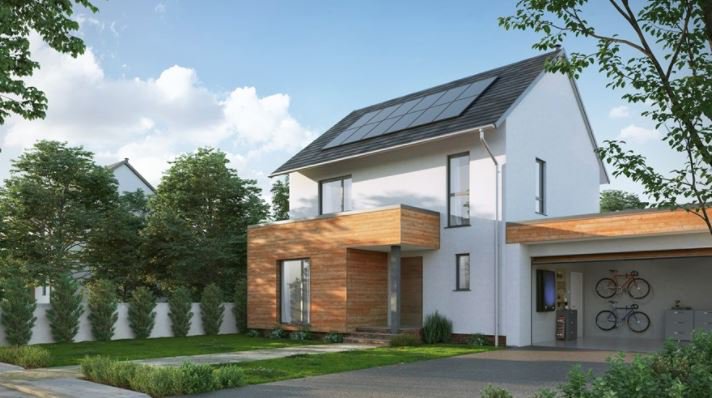The impact of fossil fuels on the environment is pushing architects and engineers to make buildings greener — and, when possible, fossil fuel-free.
Hundreds of design decisions can impact a building’s energy efficiency, making fossil-fuel-free structures more or less workable. Multilayered window designs can trap heat, making climate control systems more efficient. Advanced appliances can cut down on energy consumption. However, relying entirely on renewable energy can create some serious challenges for a new building. Power may not be reliable, and architects may have to find new approaches to conventional, fossil fuel-powered systems, like those that heat most buildings.
With advanced data, designers can create more effective models and build intelligent systems that use less energy. Architects and engineers are beginning to use insights from IoT devices and big data analysis to inform how they design new buildings.
How Data Can Make Buildings More Eco-Friendly
One of the most significant changes in building design over the past few years has been the increasing collection and use of data. Advanced building information modeling tech makes it possible for architects and designers to use info from other buildings to give them a better idea of how a new structure will fare over its lifetime.
At the same time, a variety of new data collecting-tech — like wireless internet of things (IoT) sensors — has made it possible for buildings themselves to collect operational data. For example, smart HVAC systems could collect information on building occupancy and temperature, intelligently adjusting heating or cooling based on real-time data.
These sensors could also keep track of equipment function and look for early warning signs of failure in renewable energy systems like solar panel arrays and battery banks. Energy storage is extremely important for buildings that don’t rely on fossil fuels. Power from renewables like wind and solar is much less consistent than that from a natural gas- or coal-fired power plant.
As a result, maintaining battery function will be extremely important for buildings that cut out oil and gas entirely. An early warning system could help building managers avoid brownouts, blackouts or other power-related issues that may arise due to battery failure.
Fossil Fuel-Free Buildings in Practice
Other tech, combined with data-collecting tools, could be used to replace systems that are conventionally powered by fossil fuels. Heat pumps, for example, use geothermal energy as a highly efficient power source for buildings. Smart heat pump systems could effectively replace gas heating and may even save building managers money in the long run.
Read more: Construction




